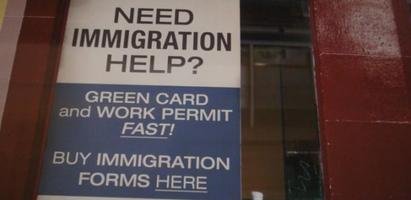Simultaneously, the Ministry of Foreign Affairs of Kazakhstan introduced ten-year validity visas for U.S. business and tourism visitors to Kazakhstan.
In addition, starting January 1, 2017, U.S. citizens visiting Kazakhstan for 30 days or less can do so without a visa. Starting January 1, citizens of EU and OECD countries, as well as Malaysia, Monaco, the United Arab Emirates, and Singapore could also travel to Kazakhstan for up to 30 days without a visa.
(Last month, Uzbekistan introduced visa-free travel for citizens from 27 countries).
The cost to apply for a business or tourism visa remains the same, US$160.
Full information on the visa application process is available here.
Read more here.
In Russian: С 29 декабря 2016 граждане Казахстана, подающие заявления на гостевые, туристические или бизнес визы в США смогут получить многократные визы, действительные на 10 лет.
Стоимость 10-летней визы остается таже - 160 долларов США.
С 1 января 2017 года, граждане США временно посещающие Казахстан на срок до 30 дней, смогут сделать это без визы (безвизовый режим). Также, граждане США смогут получить 10-летнюю многократную гостевую или бизнес визу в Казахстан.


















 RSS Feed
RSS Feed